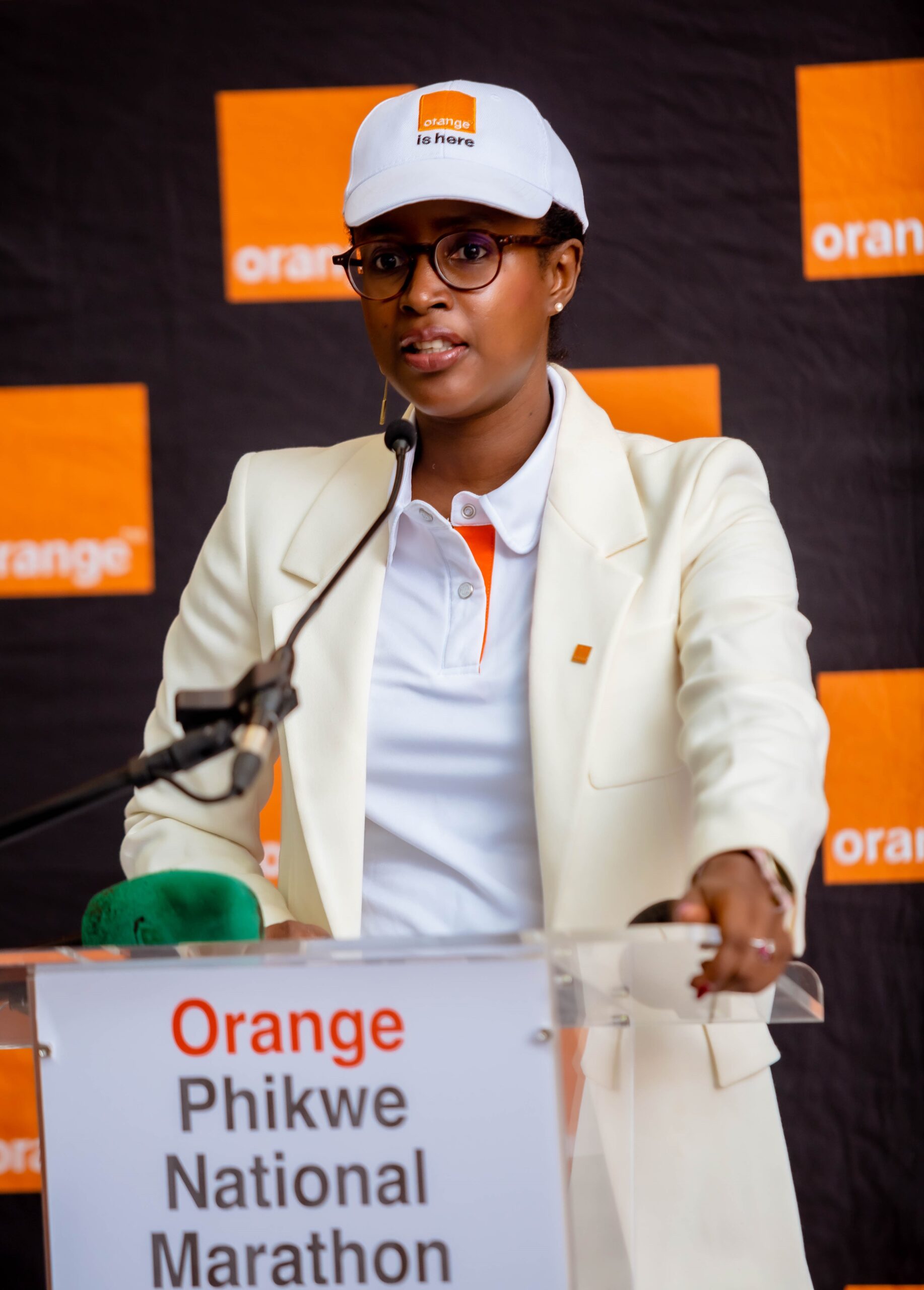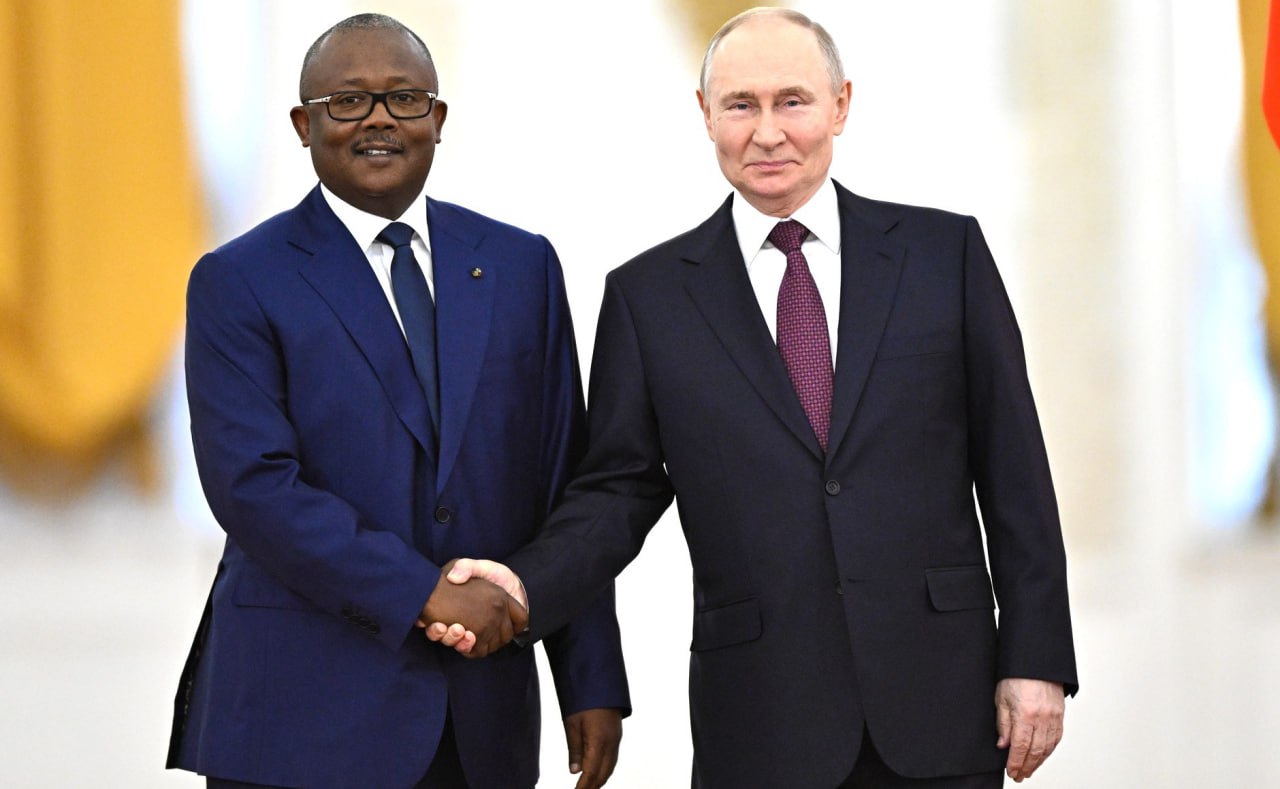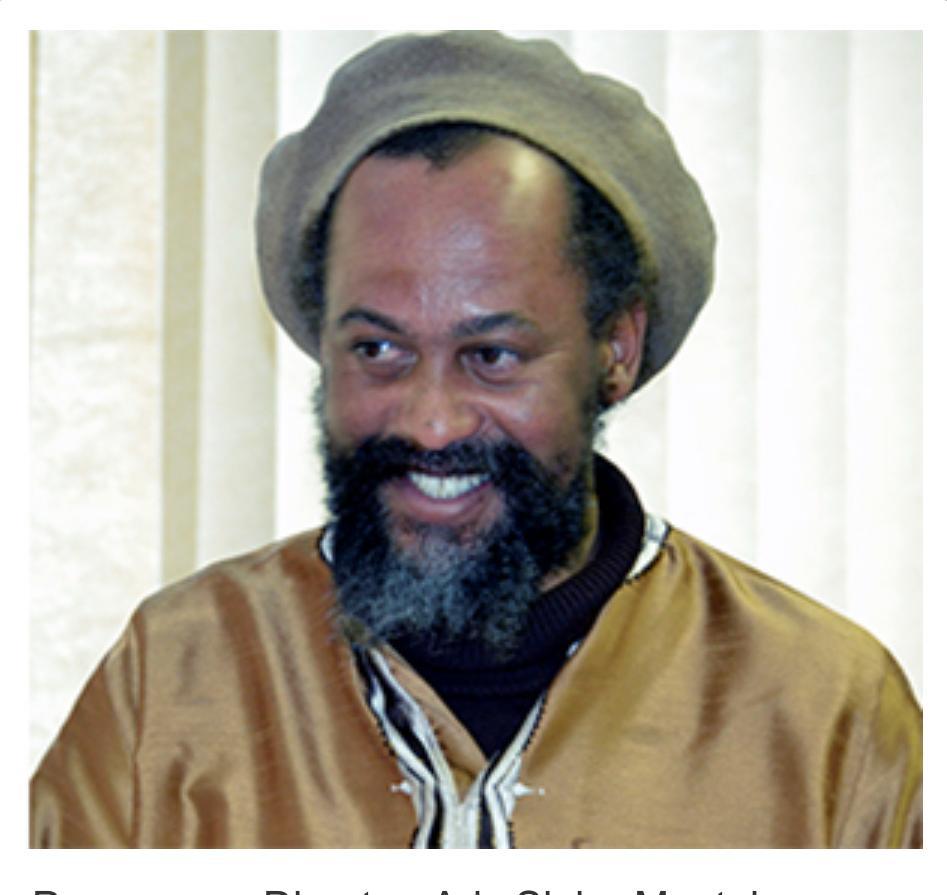
Ras Adv Sipho Mantula, an intellectual with Unisa, a Pan Afrikan human rights defender, analyst, and election observer
By Moses Magadza
WINDHOEK, NAMIBIA – THE SADC Parliamentary Forum has launched a Regional Webinar Series on Democratic Governance in the SADC Region, to enable Parliamentarians and other stakeholders to examine, discuss and exchange experiences towards strengthening democracy.
The SADC PF collaborated with various partners including the Institute for Pan-African Thought & Conversation (IPATC); Institute for Global Dialogue (IGD); the University of Johannesburg; the Thabo Mbeki African School of Public and International Affairs, (TM African School) University of South Africa (UNISA); and International Institute for Democracy and Electoral Assistance (International IDEA) to organise the webinar series.

SADC PF Secretary General Ms Boemo Sekgoma said the series were timely given ongoing efforts by the Forum to domesticate the SADC Model Law on Elections and to consolidate democracy.
She said: “In any democracy, if democracy is betrayed, it is the institution of parliament that will suffer. If inclusivity and democracy are betrayed, it is parliament that bears the brunt.
“If the constitutional rule of law is betrayed, it is parliament that suffers. If democracy delivers those that are not democratically elected, it is the citizens and parliament that will suffer.”
She called for concerted efforts in strengthening electoral processes across the region using the SADC Model Law on Elections as a benchmark.
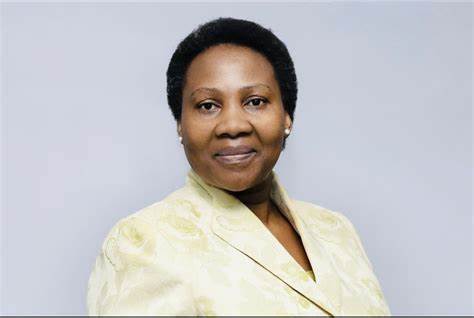
“As we look at that Model Law, let us reflect at what it means to ensure transparency, and what it means to say that an election is fair, transparent and credible.
“We must be able to create an environment in which our Member States can domesticate this Model Law leading to enhanced social economic development.”
Mr Sheuneni Kurasha, the SADC-PF Programme Manager for Democracy, Governance and Human Rights, said the series seeks to help stakeholders gain deeper understanding of various factors that impact elections from a parliamentary perspective.
He said the Webinar Series, launched on 26 June 2024, would promote best practices, enhance understanding of the SADC Model Law on Elections, and encourage compliance with democratic norms and standards through the implementation of electoral reforms.
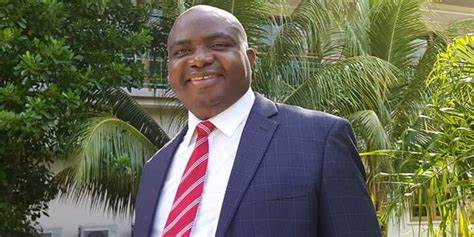
The launch of the online seminar series coincided with what has been dubbed the ‘Super Election Year’ in which nearly half of the world’s population is heading to the polls, with 64 countries having scheduled elections.
The online seminar series comes when SADC PF’s transformation drive has gathered momentum with 12 requisite SADC States signing the Agreement amending the SADC Treaty to establish the SADC Parliament.
Knowledge sharing and capacity building, promotion of best practices, fostering dialogue and exchange, and policy advocacy and recommendations, are pillars of the series.
The overarching goal is to strengthen electoral integrity, foster political stability and support overall democratic participation and development within SADC.
The series began with a panel of experts discussing “Key Issues and Lessons from the 2024 South Africa General Elections and Compliance with the SADC Model Law on Elections.”
For the first time since the end of apartheid, the ANC failed to secure an outright majority, resulting in a hung parliament, thus necessitating coalition-building to form a government.
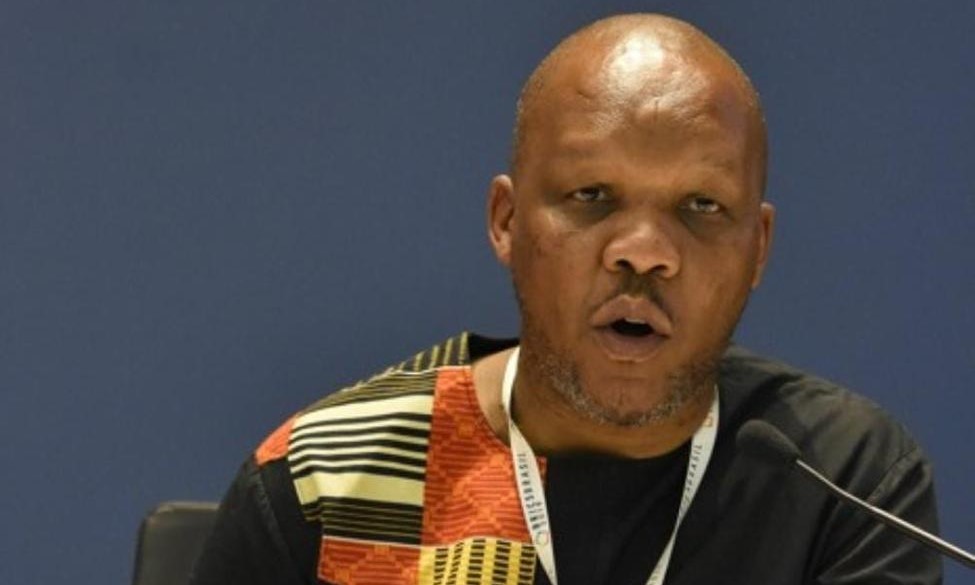
The main presenter was Professor Siphamandla Zondi, the Director of the Institute for Pan-African Thought and Conversation at University of Johannesburg where he teaches research methods for political research and analysis.
The First Intervenor was Dr Litlhare Rabele, a gender and governance expert with a focus on women in elections and peace-building processes. She has more than 20 years’ experience in election monitoring and observation having worked with the National Democratic Institute for International Affairs, the Carter Centre, EISA, and the African Union in observing elections in Africa.
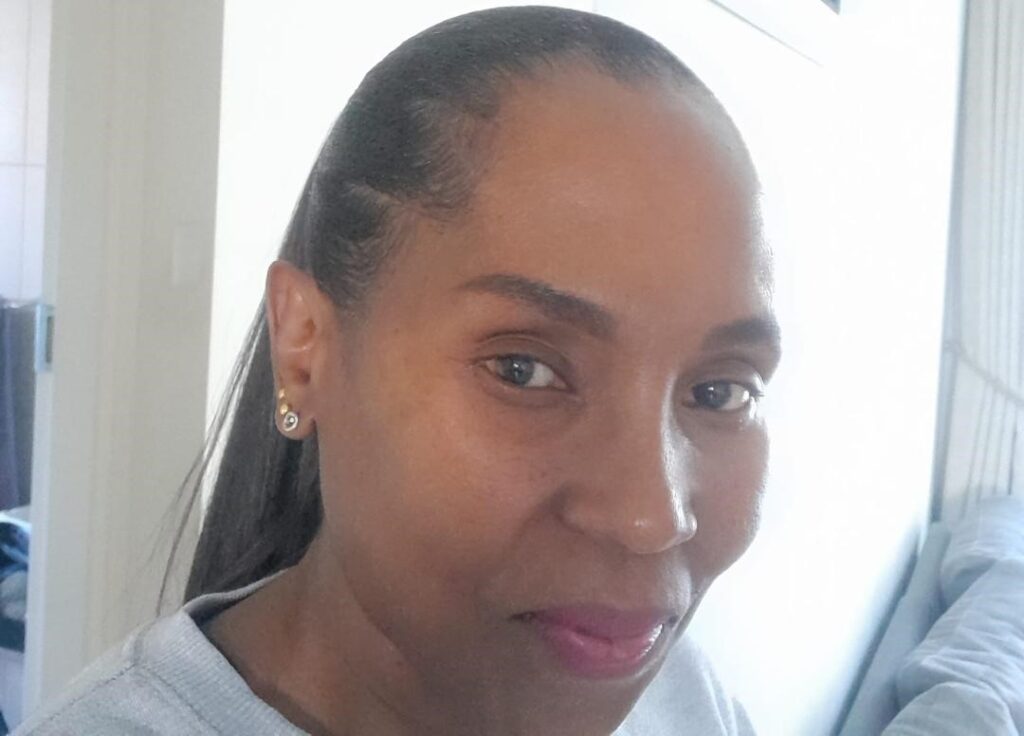
Another speaker was Ras Adv Sipho Mantula, an intellectual with Unisa, a Pan Afrikan human rights defender, analyst, and election observer, while Sanusha Naidu was the moderator. Naidu is a foreign policy analyst and a Senior Research Associate based with the Institute for Global Dialogue.
In his presentation, Prof Zondi said the ANC experienced a 3-5 percent decline of votes while that of the EFF was slight. There was a big decline in unionisation and union power while smaller parties and critical social movements experienced an increase.
He said the biggest rise was in uMkhonto Wesizwe Party (MKP) as an extension of the ANC. He acknowledged that former President Jacob Zuma was still a popular figure, able to mobilise the poor.
“There were very isolated cases of intimidation and violence, but there was a lively media and a massive social media use,” he said, adding that South Africans observed a smooth election day despite long queues.
He noted that the ANC lost 17% of power as it fragmented, resulting in the party failing to get an absolute majority to govern. Six small parties fell by the wayside while four new ones emerged.
“There was a remarkable rise by the MKP which rode on huge discontent among the poor over unemployment and corruption. It came first in one province, second in another, and top five in seven other provinces,” he said.
However, the MKP and 20 other small parties disputed the election results, but the High Court threw out their challenge, proving the existence of the rule of law in the country, he said.
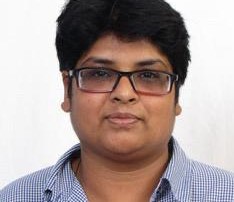
The election brought a hung parliament which led to negotiations for a coalition Government of National Unity led by the ANC and DA.
In terms of context, Prof Zondi said the South African elections happened at a time when there was decline in budget for the electoral management body.
There was a pre-election pact which saw the emergence of center right parties. There was also pre-election dialogue which involved coalitions.
His view was that the campaign was very smooth with very isolated cases of intimidation and violence. There was lively media with massive social media use.
The GNU framework was guided by the election of a President to be produced or provided by the ANC, the Speaker to come out of the ANC and Deputy coming out of the DA, among other requirements.
He called for more voter education given the new citizen attitude that has emerged, with parties learning and adjusting while others are dying.
Dr. Rabele also shed light on various crucial aspects of the highly contested elections.
She noted that the elections in South Africa were marked by significant challenges, including instances of violent service delivery protests.
Despite these challenges, the credibility of the elections remained intact, with voters expressing their discontent with poor service delivery, unemployment, economic decline, poverty, and corruption.
She commended the South African Police Service for effectively managing the protests and ensuring peaceful elections without any interference to favour a particular party.
Her view was that one of the notable legislative changes introduced for the elections was the inclusion of independent candidates, the use of three ballot papers (National, Provincial, and Regional), and the Universal Ballot template for visually impaired voters.
Despite the declining support for the ANC, Dr. Rabele explained that such a trend was expected for liberation movements transitioning into political parties, especially after governing for about three decades.
While the credibility of the Independent Electoral Commission (IEC) was upheld, she noted that there were several issues observed during the elections.
Challenges such as dysfunctional voter verification devices, inadequate training for polling staff on new voting procedures, and lack of voter education led to a significant number of spoiled ballot papers.
Suggestions were made to improve voter education and collaboration with Civil Society Organizations (CSOs) to enhance voter awareness.
Furthermore, Dr. Rabele highlighted the underrepresentation of women in politics, despite a higher number of female voters registered.
Challenges faced by women in politics, including limited financial resources, lack of political will to nominate women as candidates, and entrenched patriarchal stereotypes, were discussed.
The low performance of female independent candidates and women-led political parties reflected the need for more inclusive and supportive political environments, she noted.
Dr. Rabele affirmed that the South African elections aligned with the SADC Model Law on Elections, emphasizing the importance of continuous improvement in electoral processes to ensure transparency, inclusivity, and credibility in future elections.








